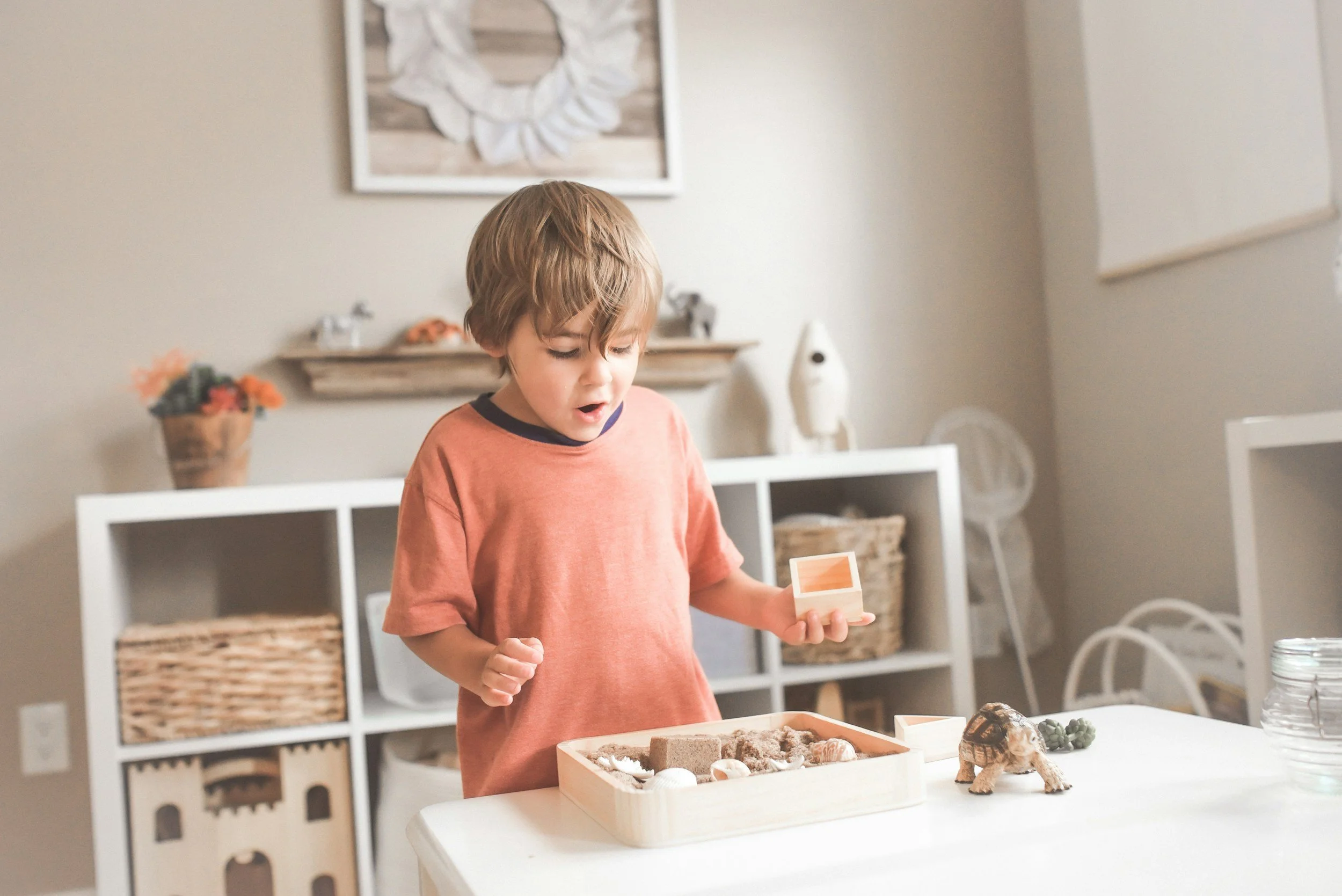Why Play Matters
The Importance of Play For Our Toddlers
“Play is the highest form of research.”
- Albert Einstein
Einstein’s simple yet profound statement underscores the vital role of play in a child's development. Through play, children explore their world, test hypotheses and discover new concepts. Even in the narrow context of potty training, fostering a child's natural curiosity and imagination through play can lead to significant developmental gains.
The Science Behind Play and Learning
Research consistently shows that play is essential for cognitive, social and emotional development, providing children with opportunities to engage and interact with the world around them in a safe and enjoyable way. It allows children to develop critical thinking skills, creativity and problem-solving abilities without even realising the extent o their learning. (This is why play-based learning is becoming increasingly popular in schools and teachers are working so hard to craft learning environments in which students learn effortlessly and enjoyably.)
A recent study published in the journal Pediatrics found that play not only promotes cognitive growth but also enhances emotional well-being and social skills. When children play, they learn to navigate social interactions and manage emotions.
All of these skills are particularly relevant during potty training, a new experience that requires a whole range of cognitive skills which toddlers are just beginning to develop.
Encouraging Independent Play
Independent play is a powerful tool for fostering a child's independence and curiosity. By allowing children to explore on their own, we give them the freedom to follow their interests and make discoveries at their own pace. This autonomy helps children develop a sense of agency and confidence in their abilities.
We can create an environment conducive to independent play by providing a variety of age-appropriate toys and materials that stimulate curiosity. Simple items like blocks, puzzles or art supplies can inspire hours of exploration and learning. It's also important to designate safe, child-friendly spaces where children feel free to experiment and play without constant supervision.
The Role of Supported Play
While independent play is important, supported play - where adults actively engage with children - offers additional benefits. During supported play, we can ask open-ended questions that encourage children to think critically and expand their imagination. Questions like "What do you think will happen if...?" or "How could we solve this problem?" prompt children to explore different possibilities and deepen their understanding.
Supported play also strengthens the adult-child bond, one of my Four Pillars of Potty Training. By participating in play, we not only have the chance to deepen those thinking skills in our child but we demonstrate our interest in their activities and provide emotional support. This connection is vital for creating a secure and trusting relationship, which is essential during developmental milestones like potty training.
Balancing Independent and Supported Play
Finding the right balance between independent and supported play is key to nurturing a child's curiosity and development. We should aim to create a flexible routine that includes ample time for both types of play. For example, mornings could be dedicated to independent play, allowing children to explore their interests freely, while afternoons could involve more structured, supported play sessions.
By observing our child's play, we can gain insights into their interests and developmental needs. This understanding can inform how we support our child's learning and growth, whether through providing new materials for independent play or guiding them through challenges during supported play. If we see our child mixing up numbers when counting objects during independent play, for example, we could gently lead them in some counting games or read a number book when playing together; or if we notice them struggling to manipulate small objects during free play, we can do some fine-motor skill based activities together later on.
The Main Takeaway
There is no doubt that play has a profound impact on a child's development. Incorporating play into daily routines creates a rich learning environment where children can thrive. By valuing play as a critical component of research and discovery, we can nurture a lifelong love of learning in our children. Encouraging both independent and supported play can foster a child's natural curiosity, creativity and problem-solving skills. This balanced approach not only enhances cognitive and emotional development but also strengthens our child’s social skills and the bond between us, providing a solid foundation for tackling whatever trials and tribulations life may throw at them.
What’s Next?
If you’re interested in personalised guidance on how you can apply this to potty training, book a one-to-one video consultation with me. We can work together to create a tailored potty training plan that meets your child’s unique needs. Schedule your consultation today and learn how play can lead the way in potty training.
References
American Academy of Pediatrics. (2007). The importance of play in promoting healthy child development and maintaining strong parent-child bonds. Pediatrics, 119(1), 182-191.
Milteer, R. M., Ginsburg, K. R., & Mulligan, D. A. (2012). The importance of play in promoting healthy child development and maintaining strong parent-child bonds: Focus on children in poverty. Pediatrics, 129(1), e204-e213.

